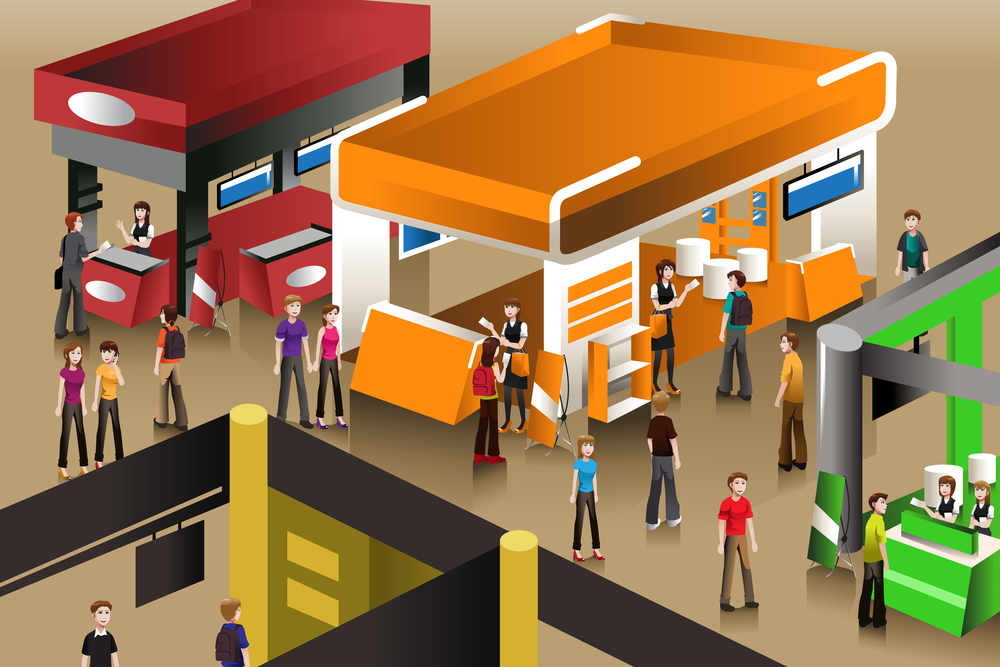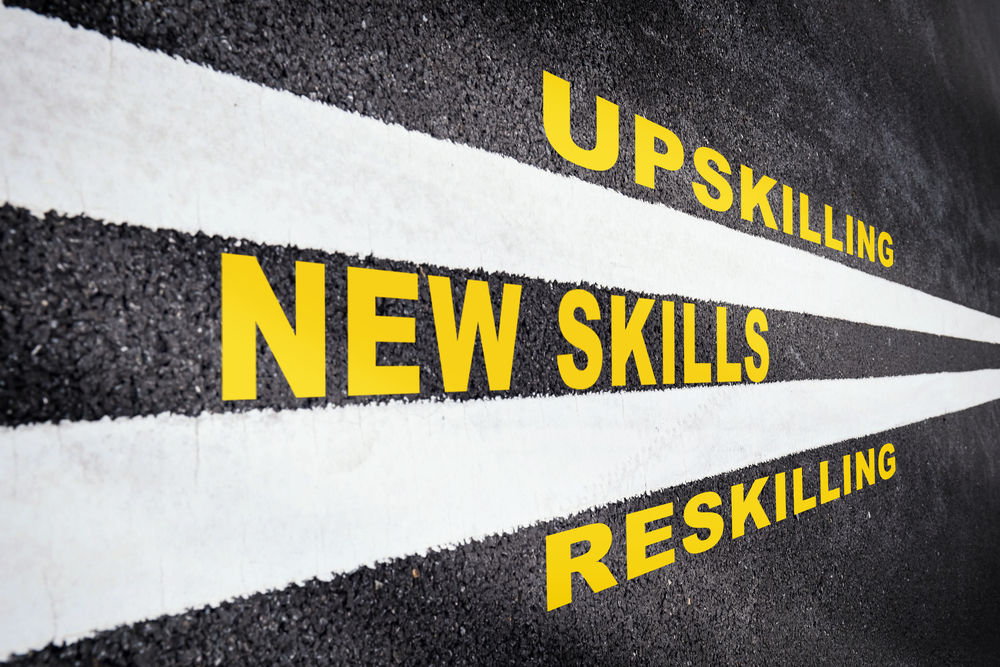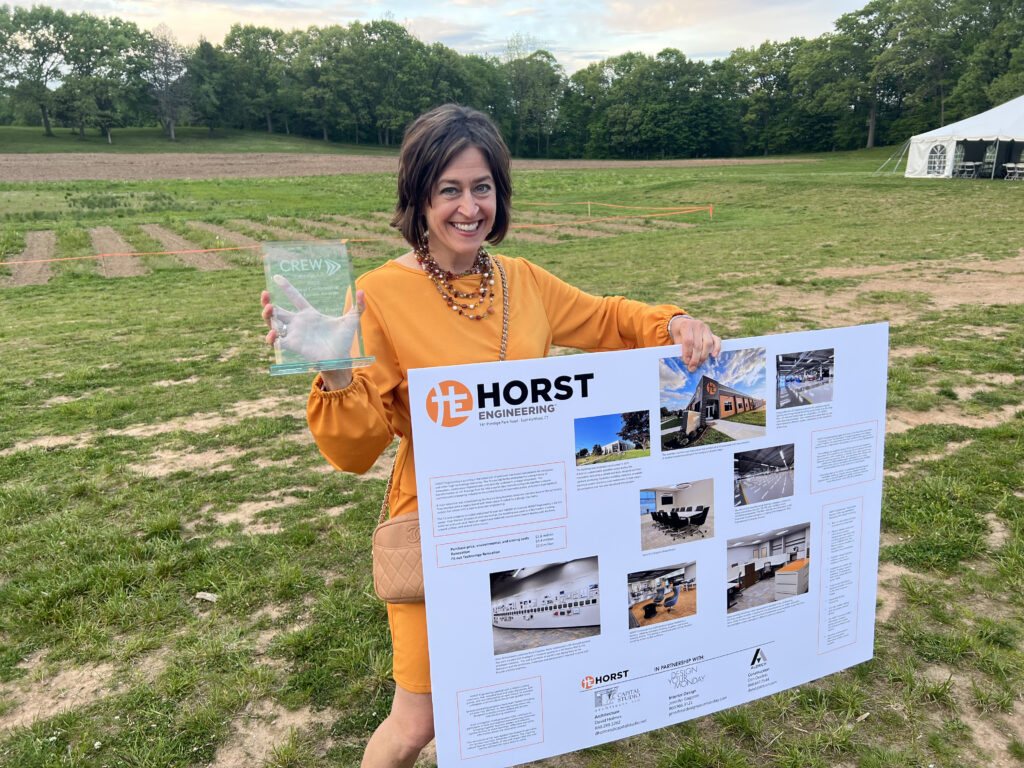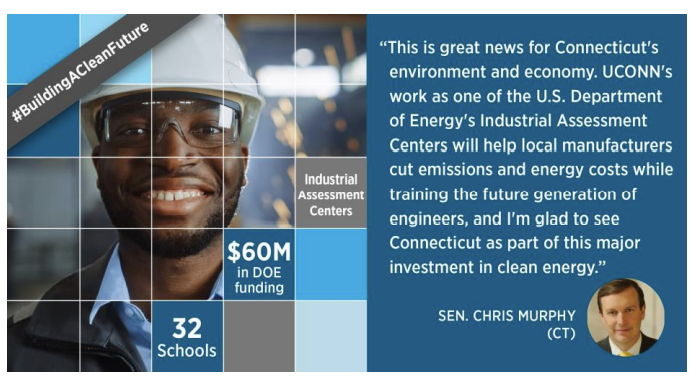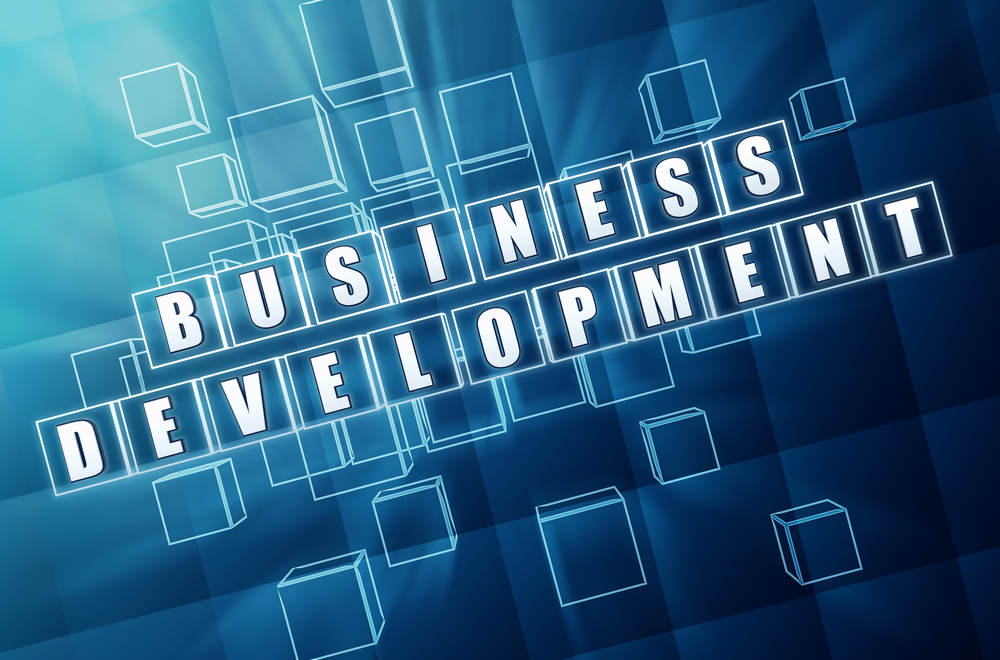
If you follow us on LinkedIn or read our Blog, you know we’ve highlighted the benefits of hiring neurodiverse individuals in manufacturing roles. This community possesses many positive characteristics, starting with the fact that they are rule followers.
If you want them to be at the plant at 7:00 am, they will be there at that time. They are also not averse to repetitive actions. While other people find these kinds of tasks to be tedious or boring, they get into a groove, especially when allowed to listen to music while working. Finally, since they often aren’t as social as neurotypical individuals, the employer isn’t faced with the battle of the cell phone.
These characteristics make neurodiverse employees ideal. However, they do require some accommodations when it comes to hiring, onboarding, and retaining them.

One company that does an excellent job at this is Hobbs Medical in Stafford Springs, CT. Hobbs Medical is a small medical device manufacturer. Their industry requires precision work, and Hobbs has found this can be accomplished with neurodiverse employees.
Some of the onboarding techniques they have embraced are:
Hiring
Start new hires as part time, temporary employees (5-hour days, 5 days a week, for 3 months)
- Employer advantage: if it doesn’t work out, they’re not strapped with someone who doesn’t fit, or faced with an unemployment expense
- Employee benefit: They may not have worked full time before. This eases them into the job, which can help them be more successful
Onboarding
Send paperwork home in advance
- Sudden paperwork can stress out a neurodiverse individual (what if I don’t know an answer? How long can I take to fill this out?).
- Completing the paperwork in advance allows them to get to work faster and doesn’t start their employment with a negative experience.
Tools
Provide them with manuals and videos to remind them how to do something.
- They’re more comfortable with this, versus having to ask someone a question.
How do I know these techniques work? My son, Patrick, is a neurodiverse individual, and a recent hire at Hobbs Medical. I witnessed their practices while watching him go through the hiring process. Hobbs’ process helped him achieve success that he might not have had otherwise. The end result?
- Completing the paperwork in advance was very helpful for him. He could just go in and begin training for his position immediately.
- He likes that he has tools that remind him how to do a particular task, so he doesn’t have to interrupt someone who’s working to ask questions.
- Patrick was hired full time less than two months into his temporary position.
By the way, I mentioned rule following: He’s there at 6:50 every morning for a 7:00 a.m. start.
If you’re interested in exploring ways to incorporate neurodiverse individuals into your manufacturing environment, Contact Us and we can get you started.
